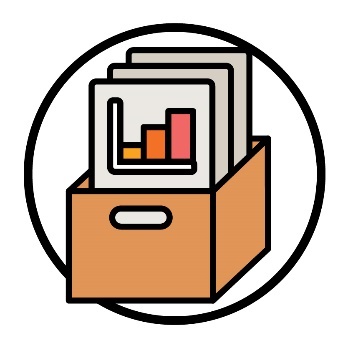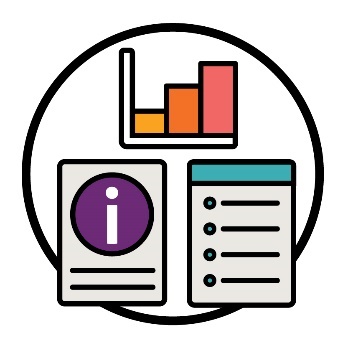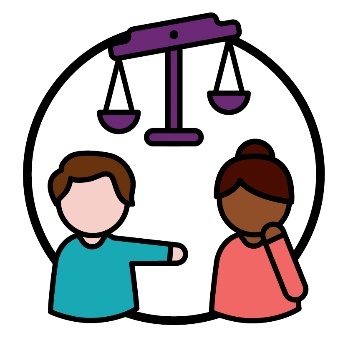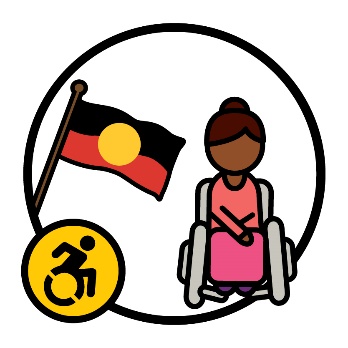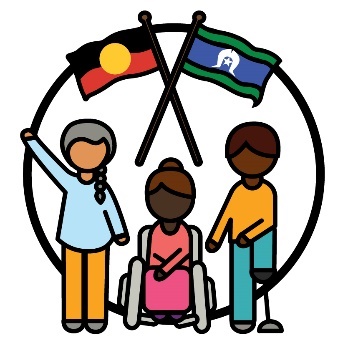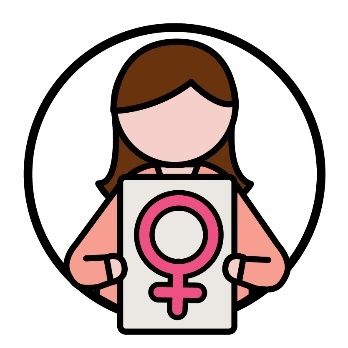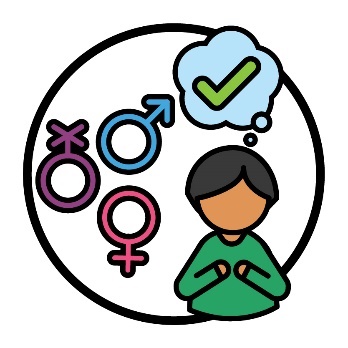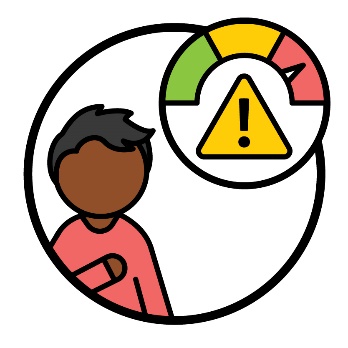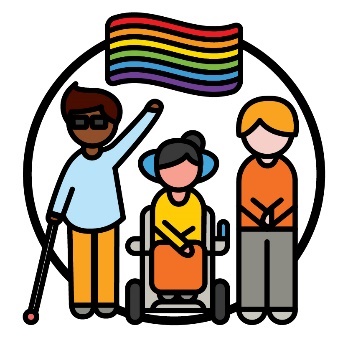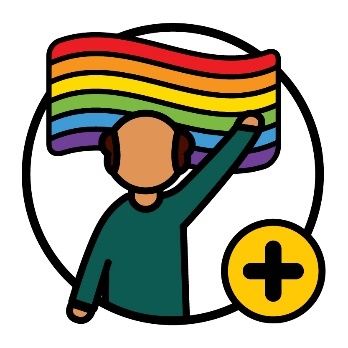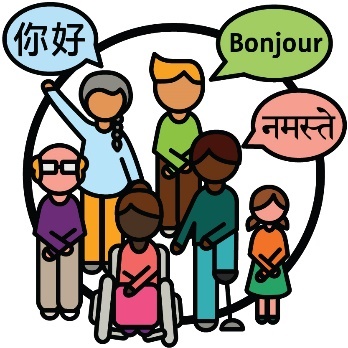The way the NDIA collects data
|
|
The NDIA gave an update on the way it collects data about participants. |
|
|
When we talk about data, we mean:
|
|
|
The NDIA shared how the way they collect data looks at intersectionality. A person might treat someone unfairly because of more than one thing about who they are. We call this intersectionality. |
|
|
For example, a person might treat someone unfairly because they:
and
|
|
|
Reference Group members shared that the NDIA should collect more of this data in the future. |
For example, data about: |
|
|
|
|
|
|
|
|
|
Your gender is what you feel and understand about who you are as a person. You might think of yourself as a man or woman or something different. You can choose the words that are right for you. |
|
|
Members also shared that the NDIA should also improve how they collect data for people at risk of being treated unfairly. |
|
|
|
This includes LGBTIQASB+ people. The letters LGBTIQASB stand for lesbian, gay, bisexual, transgender, intersex, queer or questioning, asexual, sistergirl and brotherboy. |
|
|
|
The ‘+’ is for people who are part of the LGBTIQASB+ community but don’t talk about themselves using a word from this list. |
|
|
|
This also includes people who:
|
|
